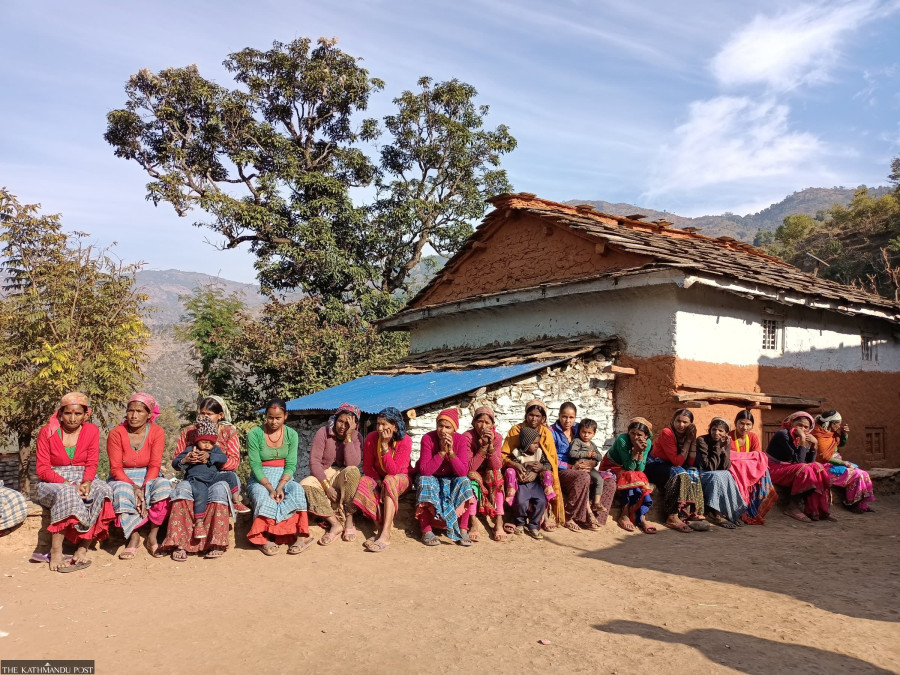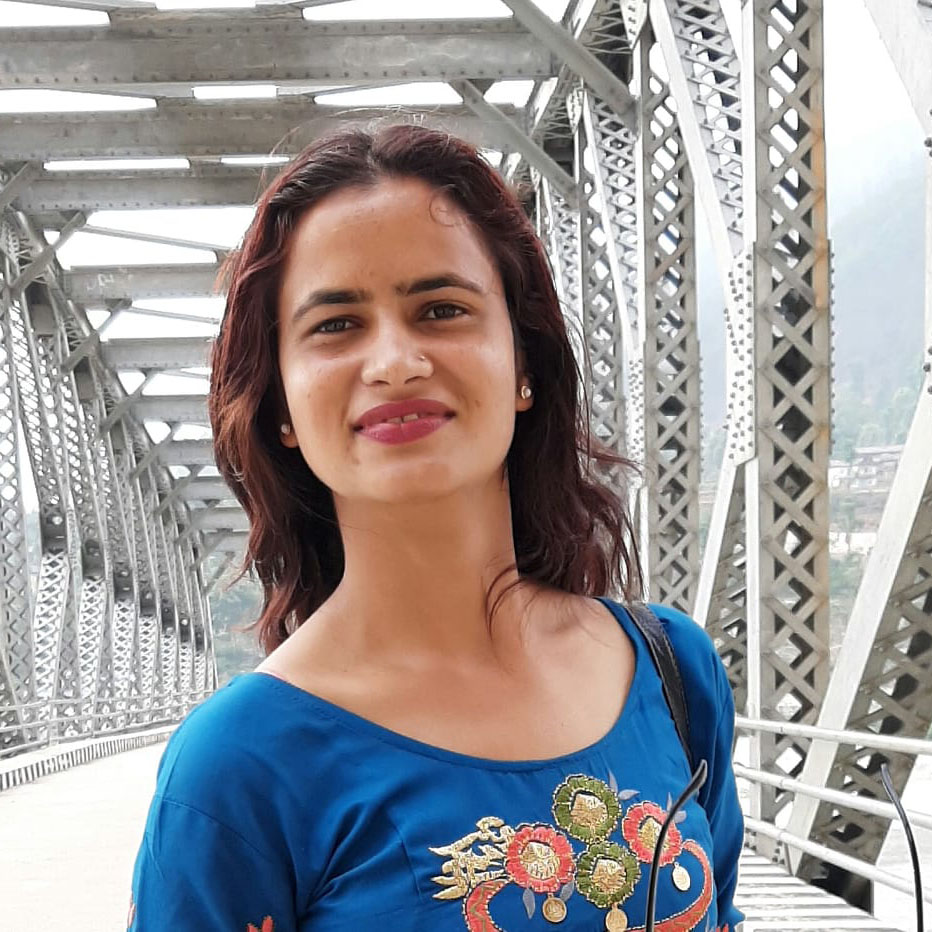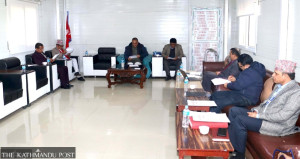Sudurpaschim Province
16-day campaign against gender violence limited to Achham district headquarters
The women leaders and activists take up all the space and in doing so exclude real victims from conversations about gender violence, local women say.
Menuka Dhungana
The 16 Days of Activism against Gender-Based Violence observed from November 25 to December 10 every year concluded Friday. Like everywhere else in the country, the campaign that condemns violence against women was organised in Mangalsen, the district headquarters of Achham, a hill district of Sudurpaschim Province.
Various social organisations and local units worked together to see to the successful launch of the campaign. Rallies were organised, banners unfurled and slogans were chanted. But the target group, mainly women, were not among the active participants, say local women of Mangalsen.
“We live here in Mangalsen. We were unaware of the campaign,” Amrita Rawat, a resident of Mangalsen Municipality-13 told the Post. “The campaign had women issues at the heart of it, but we weren’t even aware of when and where the programmes were held,” said Rawat. “The campaign had little impact on us. It’s doubtful that women in rural areas even heard about it. Such programmes do not have any impact on the women in the villages. This campaign is organised every year but the pain and suffering of the rural women remain the same.”
“Only organising such programmes at the district headquarters is not going to put a stop to the deeply entrenched gender violence that is still a reality in rural Achham,” said Rawat.
The campaign had little penetration or visibility in the rural areas of the district where there are clusters of vulnerable groups in need of sensitisation, argue observers.
Achham is one of many districts which frequently reports incidents of violence against women, and where Chhaupadi is still practised despite regular intervention from the authorities.
Ideally, the campaign against gender-based violence aimed at mitigating gender violence should have been able to penetrate the social fabric that perpetuates gender violence but that was not the case in Achham.
Narapata Saud, a female community health volunteer from Chaupati Rural Municipality-2, said that nobody reached her village or held discussions to end social evils and address problems like Chhaupadi, alcoholism and domestic violence.
Saud says that since community volunteers are the first contact for most victims of violence in the villages, it is their prerogative to train themselves to handle such situations.
“We are in the village and support the local women in their pain and suffering. The local women here were interested in the campaign because it is organised every year and we hear about it,” she said. “But when they asked me about the campaign and programmes, I didn’t know myself. I knew some programmes were being conducted in Mangalsen. Such campaigns are limited only to activism and do not contribute to uplifting the women in rural areas.”
Ratnal Thakulla of Bannigadhi Jagayadh Rural Municipality-4 also has a similar view. She claims that over the years such campaigns have catered only to women who are political leaders and not to the commoners. The women leaders and activists take up all the space and in doing so exclude the real victims from conversations about gender violence, she says.
“The victims of domestic violence, who should know about such campaigns, do not get the opportunity to take part in such awareness campaigns. A huge amount of the budget is allocated to launch programmes for the welfare of women. But there is no tangible result,” said Thakulla.
Incidents of gender violence and caste-based discrimination go unchecked in Achham. “Women of every community in Achham are victims of violence but Dalit women face more discrimination. The awareness programme should be launched in the villages rather than in the district headquarters,” said Laxmi Soba, the programme coordinator of Dalit Women Association in Achham.
Sarita Upadhyay, the deputy mayor of Mangalsen Municipality, claimed that her local unit is aware that the campaign failed to reach out to rural women. “We have been taking feedback from women and we understand their concerns. We have been organising interactions in all 14 wards of the municipality to hear the stories of women. We hope to resolve their queries and those of women in the villages outside the district headquarters,” she said.




 19.12°C Kathmandu
19.12°C Kathmandu















